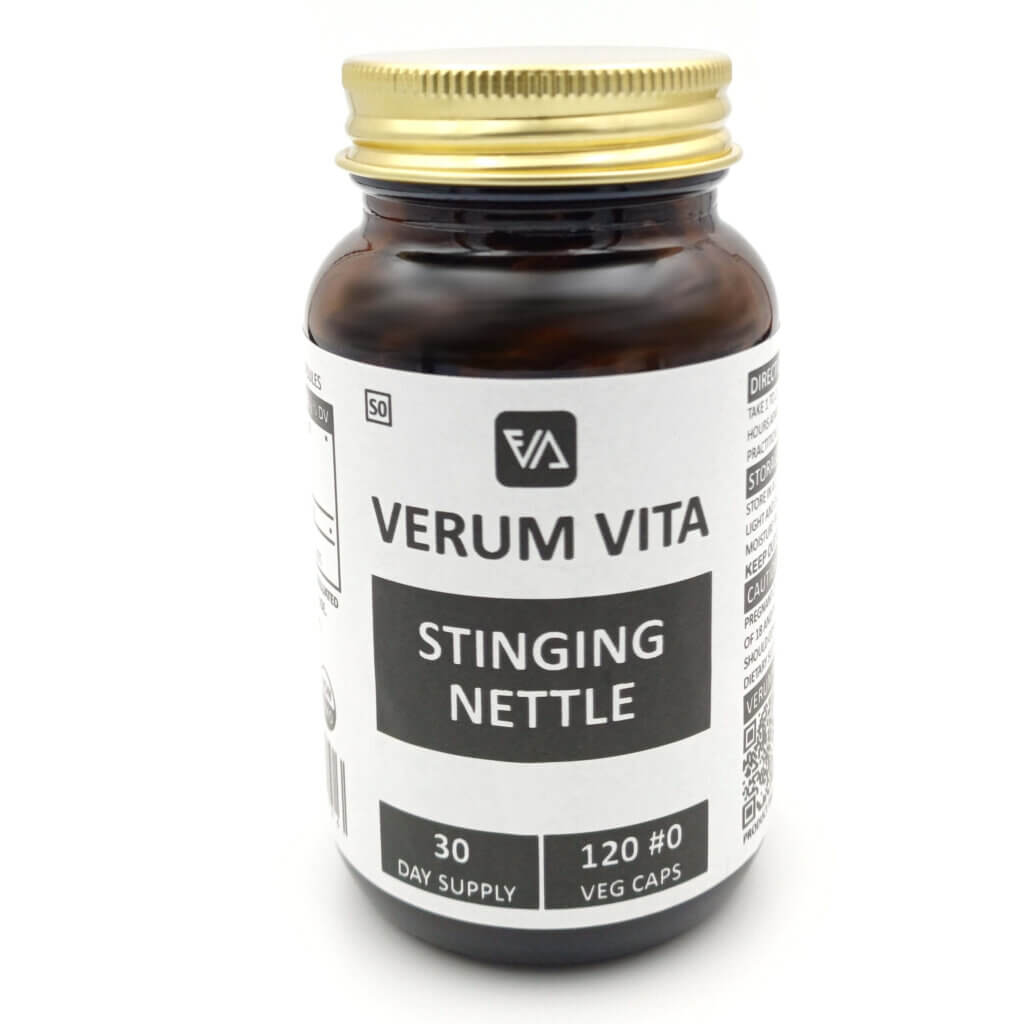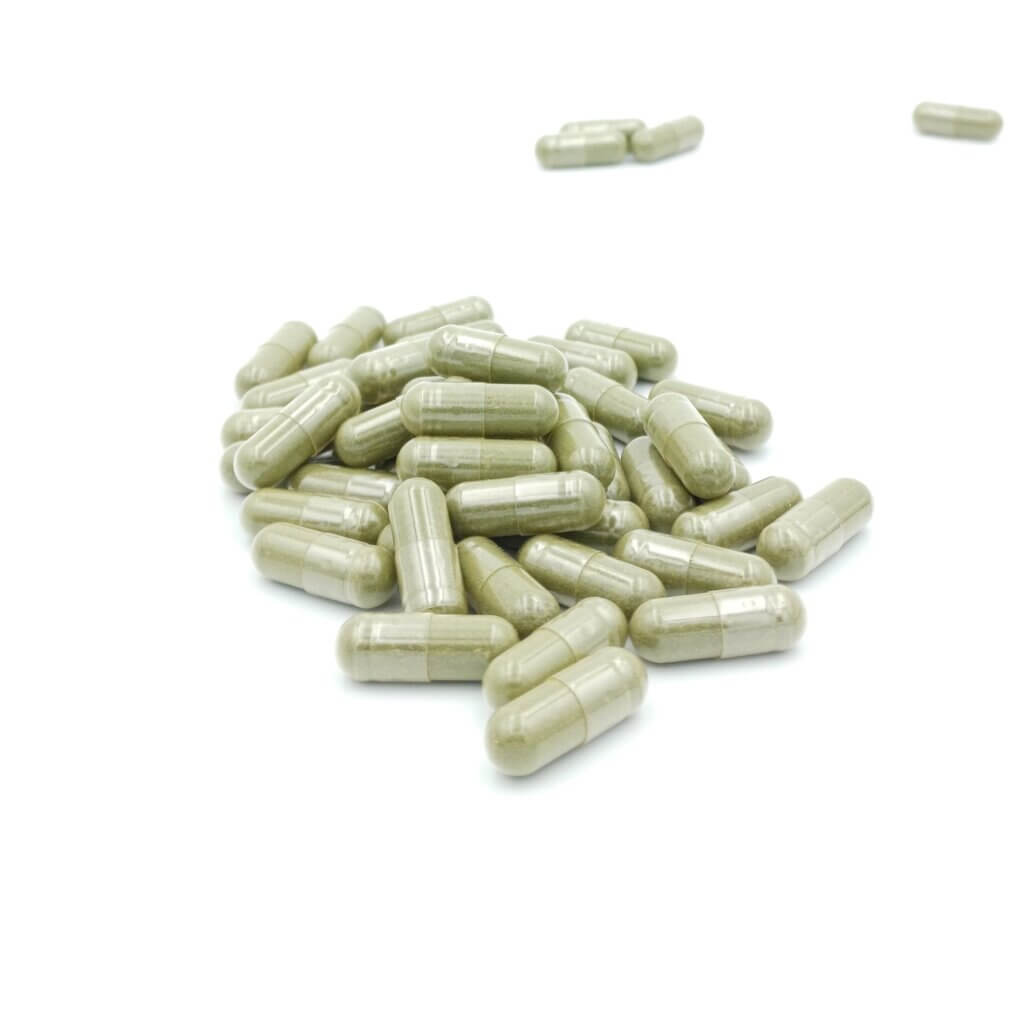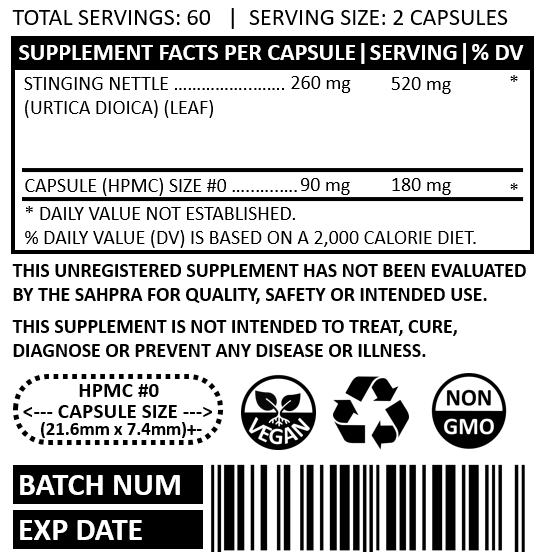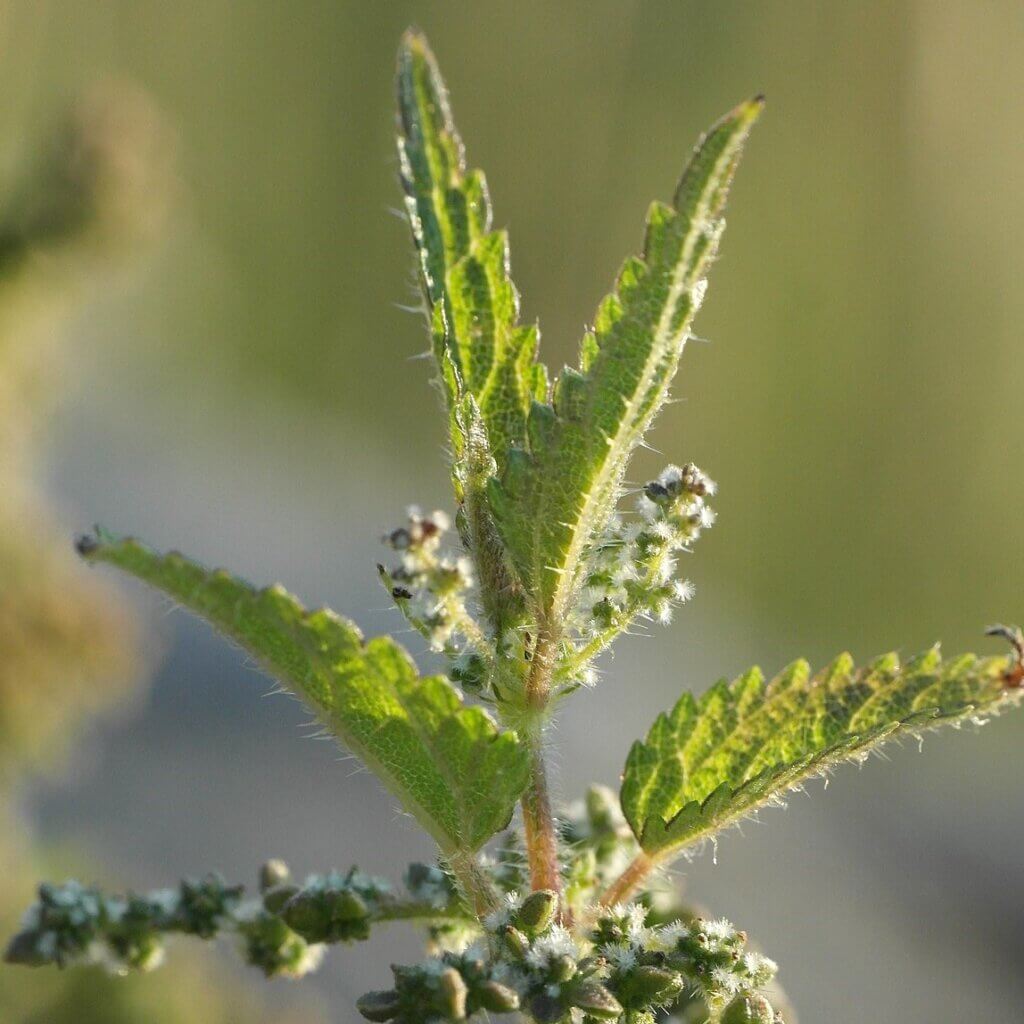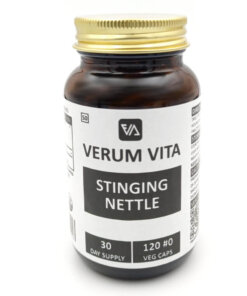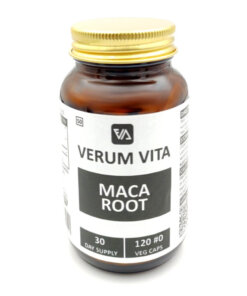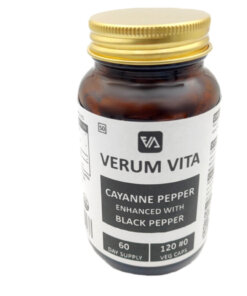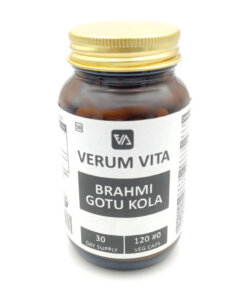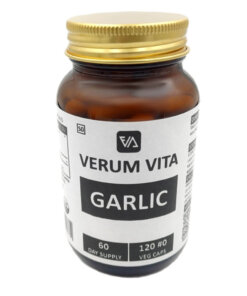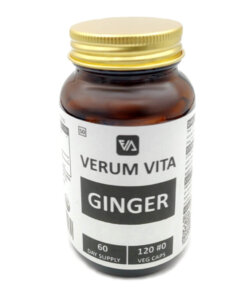Stinging nettle (Urtica Dioica) is a perennial plant known for its tiny hairs on the leaves and stems, which release chemicals that can cause a stinging sensation when touched.
Despite this, it has been used for centuries in herbal medicine for its anti-inflammatory, diuretic, and antioxidant properties.
It’s rich in vitamins A, C, K, and minerals like iron, calcium, and magnesium. Stinging nettle is often used in teas, supplements, and topical treatments to help with conditions like allergies, arthritis, and skin irritations.
1. Anti-Inflammatory Effects:
- Reduces Inflammation: Stinging nettle is known for its anti-inflammatory properties, which can help alleviate symptoms associated with conditions like arthritis and joint pain.
- Supports Joint Health: It may help reduce pain and inflammation in the joints, making it beneficial for those with arthritis or other inflammatory conditions.
2. Allergy Relief:
- Acts as a Natural Antihistamine: Stinging nettle may help alleviate seasonal allergies by acting as a natural antihistamine, reducing symptoms such as sneezing, itching, and nasal congestion.
- Supports Respiratory Health: It can help improve respiratory function and reduce inflammation in the airways.
3. Supports Urinary Health:
- Promotes Urinary Tract Health: Stinging nettle may support urinary health by promoting healthy kidney function and reducing urinary tract infections.
- Acts as a Diuretic: It can help promote urination, aiding in detoxification and fluid balance in the body.
4. Rich in Nutrients:
- Vitamins and Minerals: Stinging nettle is rich in vitamins A, C, K, and several B vitamins, as well as minerals like iron, calcium, magnesium, and potassium, contributing to overall health.
- Supports Bone Health: The high calcium content can help support bone density and strength.
5. Supports Hair Health:
- Promotes Hair Growth: Stinging nettle is often used in hair care products for its ability to promote healthy hair growth and reduce hair loss. DHT inhibitor.
- Improves Scalp Health: Its anti-inflammatory properties may help soothe the scalp and reduce dandruff.
6. Blood Sugar Regulation:
- May Help Lower Blood Sugar Levels: Some studies suggest that stinging nettle may help regulate blood sugar levels, making it potentially beneficial for individuals with diabetes.
7. Supports Digestive Health:
- Aids Digestion: The fiber content in stinging nettle may help support digestive health and promote regular bowel movements.
- Alleviates Constipation: It can help relieve symptoms of constipation by promoting healthy digestion.
8. Promotes Cardiovascular Health:
- Supports Heart Health: Stinging nettle may help lower blood pressure and improve circulation, contributing to cardiovascular health.
- Reduces Cholesterol Levels: Some studies suggest it may help reduce LDL (bad) cholesterol levels.
9. Boosts Immune Function:
- Rich in Antioxidants: The antioxidants in stinging nettle may help boost the immune system and protect against oxidative stress.
- Supports Overall Health: Regular consumption may enhance overall health and wellness.
10. Pain Relief:
- Natural Analgesic: Stinging nettle may help alleviate pain, making it beneficial for conditions like muscle soreness, headaches, and menstrual cramps.
11. May Help with Symptoms of Enlarged Prostate:
- Supports Prostate Health: Stinging nettle is often used to help relieve symptoms of benign prostatic hyperplasia (BPH), such as frequent urination.
Serving Size: 100 grams (powder)
- Calories: 337 kcal
- Total Fat: 4.0 g
- Saturated Fat: 0.5 g
- Cholesterol: 0 mg
- Sodium: 35 mg
- Total Carbohydrate: 61 g
- Dietary Fiber: 42 g
- Sugars: 0.0 g
- Protein: 27 g
Vitamins and Minerals:
- Vitamin A: 2,000 IU
- Vitamin C: 50 mg
- Calcium: 1,500 mg
- Iron: 6.0 mg
- Magnesium: 170 mg
- Phosphorus: 70 mg
- Potassium: 1,200 mg
- Zinc: 0.8 mg
- Copper: 0.3 mg
- Manganese: 2.0 mg
- Vitamin K: 400 mcg
Key Components:
- High in Nutrients: Stinging nettle is particularly rich in vitamins A, C, K, and several B vitamins, as well as minerals like iron and calcium.
- Protein Content: It has a relatively high protein content for a plant, contributing to its nutritional profile.
| ATTRIBUTES | NON-GMO, NON-IRRADIATED, ORGANIC, VEGAN |
|---|---|
| BARCODE | 0729927525006 |
| CAPSULE COUNT | 120 |
| CAPSULE DIMENSIONS | SIZE #0 | 21.6mm x 7.4mm |
| CAPSULE TYPE | HPMC (VEGAN) |
| CAUTION | Pregnant/nursing mothers, children and individuals with a medical condition should consult a physician before using this dietary supplement. |
| DISCLAIMER | This unregistered supplement has not been evaluated by the SAHPRA for quality, safety or intended use. This supplement is not intended to treat, cure, diagnose or prevent any disease or illness. |
| INCI | URTICA DIOICA |
| INGREDIENTS | STINGING NETTLE LEAF (260mg) PER CAPSULE (90mg) HPMC |
| REF | https://en.wikipedia.org/wiki/Urtica_dioica |
| SAHPRA | NOT EVALUATED |
| SCHEDULE LEVEL | [S0] SCHEDULE LEVEL ZERO |
| SERVING SIZE | 2 CAPSULES |
| SERVINGS | 60 SERVINGS |
| SKU | VV2408-19149147 |
| STORAGE | KEEP OUT OF REACH OF CHILDREN. Store in Cool, dry place, <25°C, no direct sun light and ensure cap is tightly sealed. |
| SUGGESTED USE | 1-2 CAPS, TWICE DAILY, 8-12 HOURS APART |
| SUPPLY | 30 TO 60 DAYS |
| WARRANTY | NON RETURNABLE |

